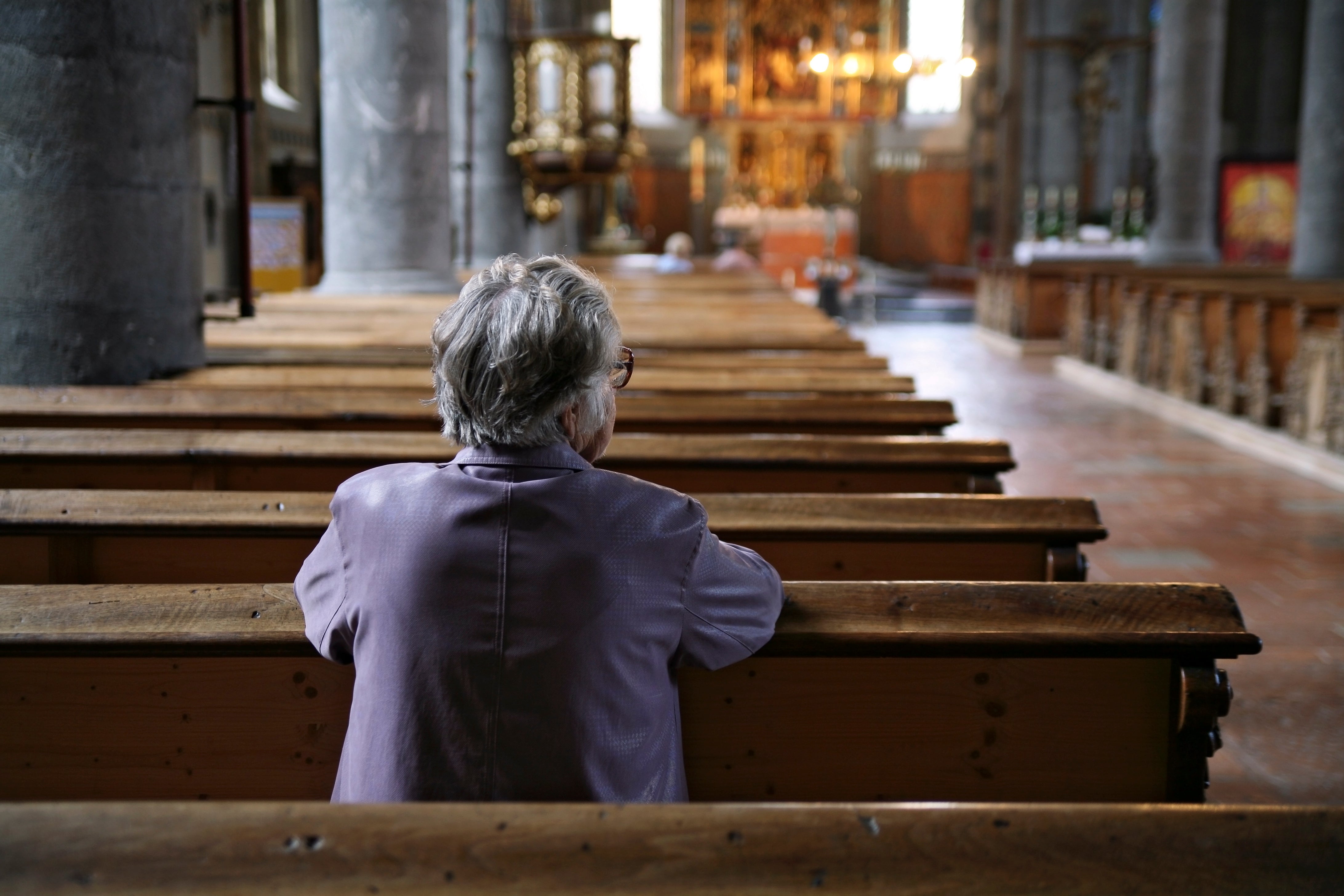Forgive me, Father, but my generation would rather go to hell
As the West veers chaotically towards an imagined secular utopia, it is unsurprising that a few theological inconsistencies are beginning to arise, writes Finn McRedmond


Your support helps us to tell the story
From reproductive rights to climate change to Big Tech, The Independent is on the ground when the story is developing. Whether it's investigating the financials of Elon Musk's pro-Trump PAC or producing our latest documentary, 'The A Word', which shines a light on the American women fighting for reproductive rights, we know how important it is to parse out the facts from the messaging.
At such a critical moment in US history, we need reporters on the ground. Your donation allows us to keep sending journalists to speak to both sides of the story.
The Independent is trusted by Americans across the entire political spectrum. And unlike many other quality news outlets, we choose not to lock Americans out of our reporting and analysis with paywalls. We believe quality journalism should be available to everyone, paid for by those who can afford it.
Your support makes all the difference.God is dead, the youth have killed him.
So says a study from King’s College London, which found that 49 per cent of Brits say they believe in God – down from 75 per cent in 1981 – with young people leading the atheistic charge.
It’s not just a British thing, either. In 2023 only 39 per cent of Americans said religion was important to them, compared to 62 per cent in 1998. In Ireland faith has waned too – a casualty of the country’s recent and precipitous liberalisation.
As the West veers chaotically towards an imagined secular utopia, it is unsurprising that a few theological inconsistencies are beginning to arise. Young people might not believe in God, but they are just as likely to believe in some kind of afterlife as their older counterparts.
They are also more likely to believe in hell. How’s that for some despairing incoherence? Like believing shadow can exist independently of light, or accepting the existence of night while refusing to acknowledge day. Hell is not a standalone concept.
Nevertheless, “Believe in hell but not in God!” is a troubling epitaph for a rather miffed-off generation. But is it hardly any wonder for a cohort whose character is formed and shaped by environmental anxiety? The relentless doomerism of climate change rhetoric – literally replete with the rhetoric of fire and brimstone – would make anyone think the flames of eternal damnation are both very real and about to consume us.
It would be terribly unbecoming of a young liberal to believe that a great patriarch in the sky is going to offer salvation. That would seriously derail their arduous trek towards a progressive nirvana.
Waning Christianity, no matter its genesis, could be an era-defining moment. But if it is really happening, what will the world look like? Do cultural Catholics and faithless Anglicans and proud atheists seek – knowingly or not – something else to believe in? A kind of Christianity-redux? Or is there a version of Britain that can be completely irreligious?
Polling figures can only capture so much about society’s true religiosity. Even the most faithless among us may find it hard to deny that the architecture of this country is itself very Christian: observing weekends and divinely appointed monarchs are just two examples of God’s imprint.
Humans will likely always crave the ephemeral; a higher power; an explanatory and organisational force outside of themselves; a lode star. These are things that have informed society as long as society has existed, whether it be the Greek and Roman pantheon, the Sumerians of Mesopotamia, the Zoroastrians. None of this goes away simply because a poll ordains it.
God himself may no longer loom large in the lives of Britons. But it is perfectly reasonable to suggest that his presence has been replaced by something else: the lure of the occult, perhaps.
Young millennials and Generation Z have reincarnated and reimagined astrology for the 21st century – speaking directly to a need for order amid uncertainty. Celebrity worship may be a shallow imitation of real faith; but it certainly sounds similar. Try looking at a Swiftie and tell me that they don’t worship a God. They do, of course, but their version has bangs and a rhinestone bodysuit. Think of those who kneel at the altar of the market. The invisible hand sounds rather godly to me.
God is still present, but his shape and appeal is different. Organised religion is certainly transformed, and its influence significantly diminished. But any generation that believes in hell must accept the divine as well.
Forgive us, Father. We still believe in you. We just don’t know it.
Join our commenting forum
Join thought-provoking conversations, follow other Independent readers and see their replies
Comments